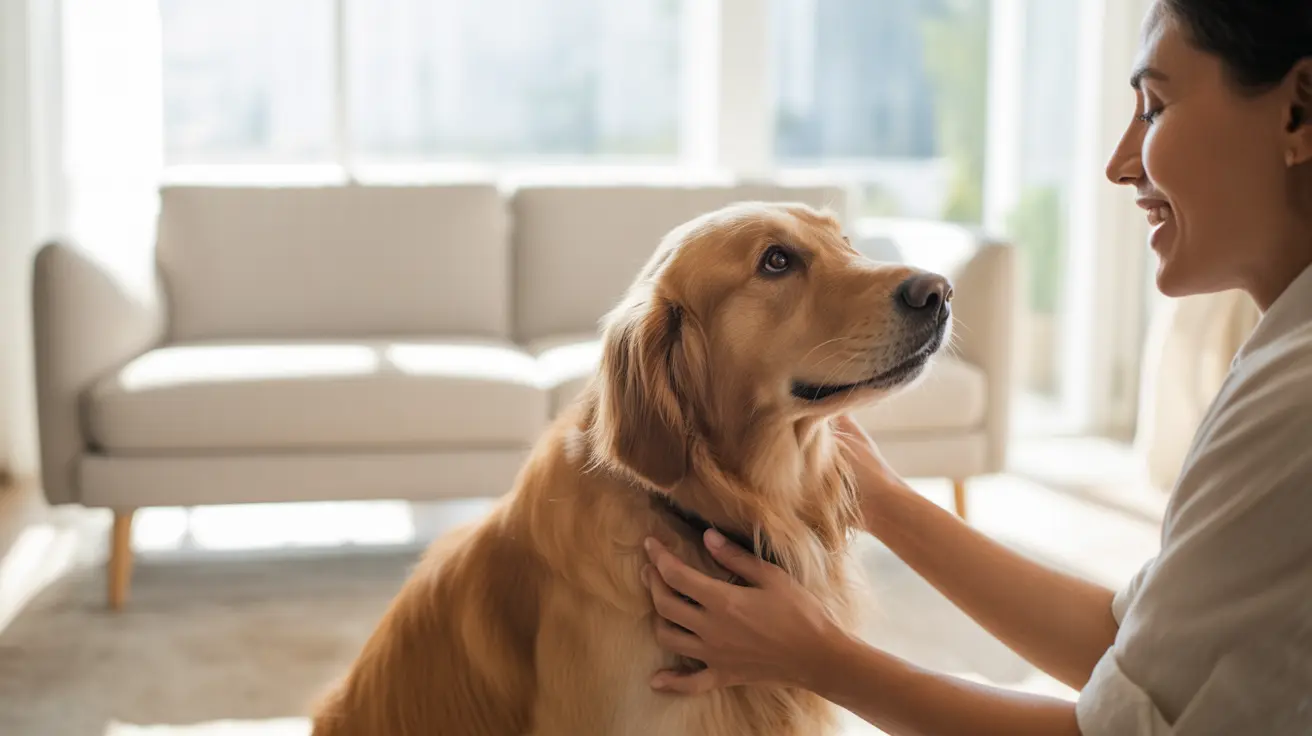Best Over-the-Counter Remedies for Dog Anxiety
Anxiety in dogs is a common issue that can result in destructive behaviors, decreased quality of life, and strained relationships with their owners. While prescription medications are often used for severe or chronic cases, there are several over-the-counter (OTC) options that pet owners can try—either as a first-line approach or to complement other therapeutic strategies under veterinary supervision.
Understanding Dog Anxiety
Dogs can suffer from different forms of anxiety, such as:
- Separation anxiety
- Noise phobias (e.g., fireworks, thunder)
- Generalized anxiety
- Age-related stress stemming from cognitive dysfunction
Symptoms often include pacing, barking, drooling, destructive behavior, inappropriate urination, and aggression.
When OTC Remedies Are Appropriate
OTC options are best suited for mild to moderate anxiety or used as adjuncts to more intensive treatments. They are generally considered safe but may not be effective for all dogs.
Most Effective OTC Anxiety Aids for Dogs
- Pheromone Diffusers (e.g., Adaptil): These release synthetic calming pheromones that mimic those produced by nursing female dogs. They are available as diffusers, sprays, or collars and are useful during situations like moving, travel, or fireworks.
- Dietary Supplements: These can include ingredients like L-theanine, tryptophan, or casein (a milk protein) that promote calming effects. Popular branded products are often recommended by veterinarians.
- Probiotics Focused on the Gut-Brain Axis (e.g., Calming Care): Emerging research emphasizes the gut-brain connection. Some probiotics may help reduce anxiety by modulating stress pathways in the digestive system.
- Compression Garments (e.g., Thundershirt): These snug-fitting shirts apply gentle, constant pressure that can help soothe nervous dogs, much like swaddling an infant.
Behavioral and Environmental Support
In addition to OTC aids, ensure the dog has:
- A "safe zone" or comfort space to retreat to during stressful events
- Regular physical and mental stimulation through walks and engaging toys
- Consistent and positive training using reinforcement techniques
Limitations and When to Consult a Vet
While many OTC products are safe, their effectiveness varies widely, and serious anxiety may require prescription medications or consulting a veterinary behaviorist. Pet owners should always speak to a veterinarian before starting any supplement or treatment to ensure there are no contraindications, especially if the dog is on other medications or has underlying health conditions.
Conclusion
Managing dog anxiety is a multifaceted process. For many pet owners, starting with OTC solutions like pheromone diffusers, calming supplements, probiotics, and Thundershirts provides a gentle and accessible way to address mild anxiety. However, consistent monitoring and veterinary oversight are crucial to ensure your dog’s well-being and find the approach that genuinely works best.





